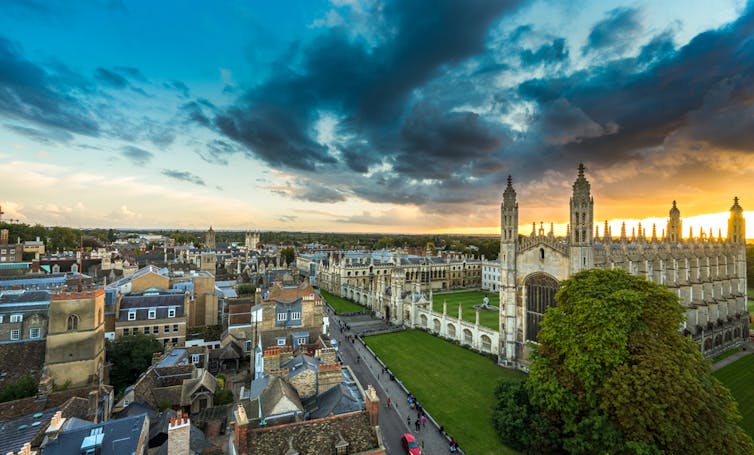
Steven Greer, University of Bristol
The University of Cambridge has embarked on a project to discover how it may have contributed to, and benefited financially from, slavery. This venture follows hot on the heels of a similar investigation at University College London, and a decision by the University of Glasgow to launch a “reparative justice programme” after having discovered it made the equivalent of £200m from the transatlantic slave trade. Continue reading


